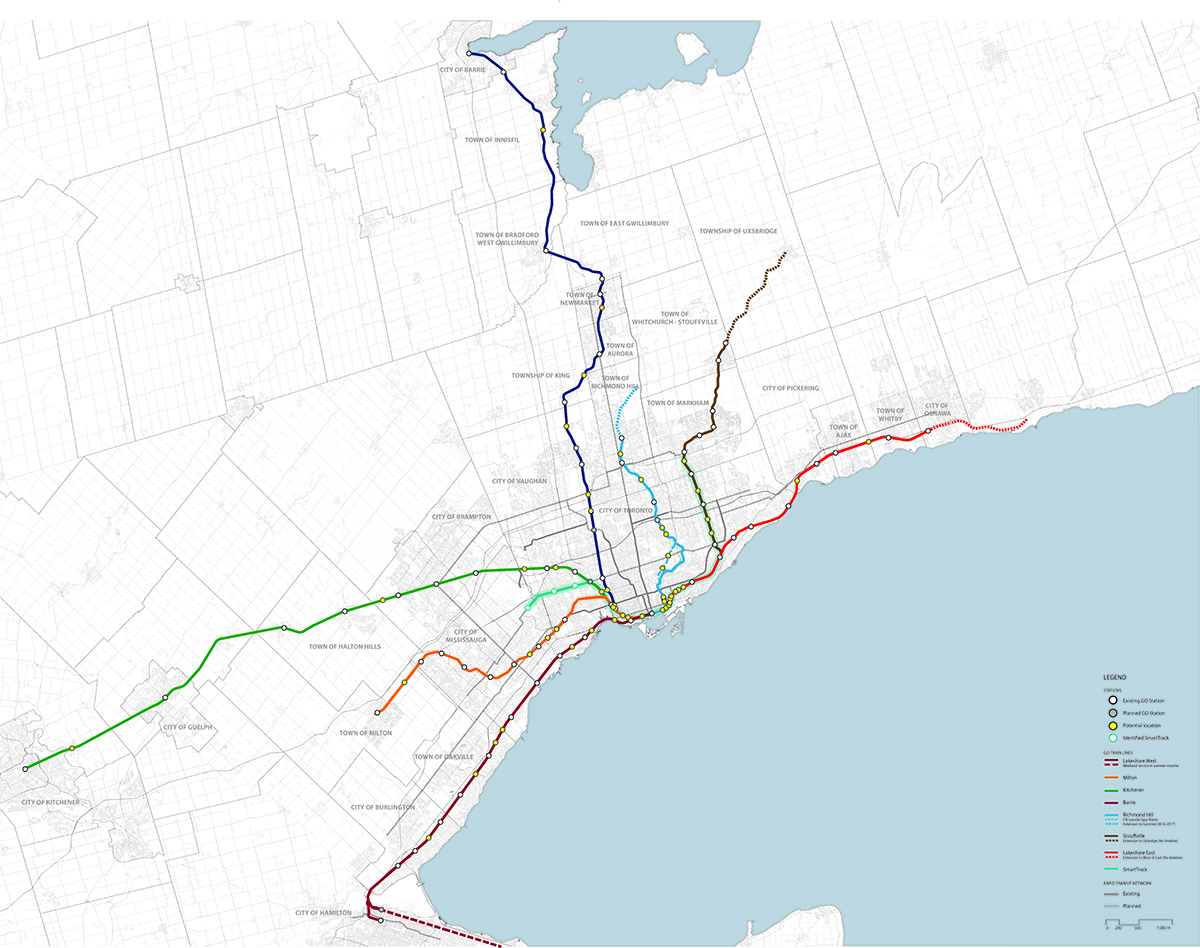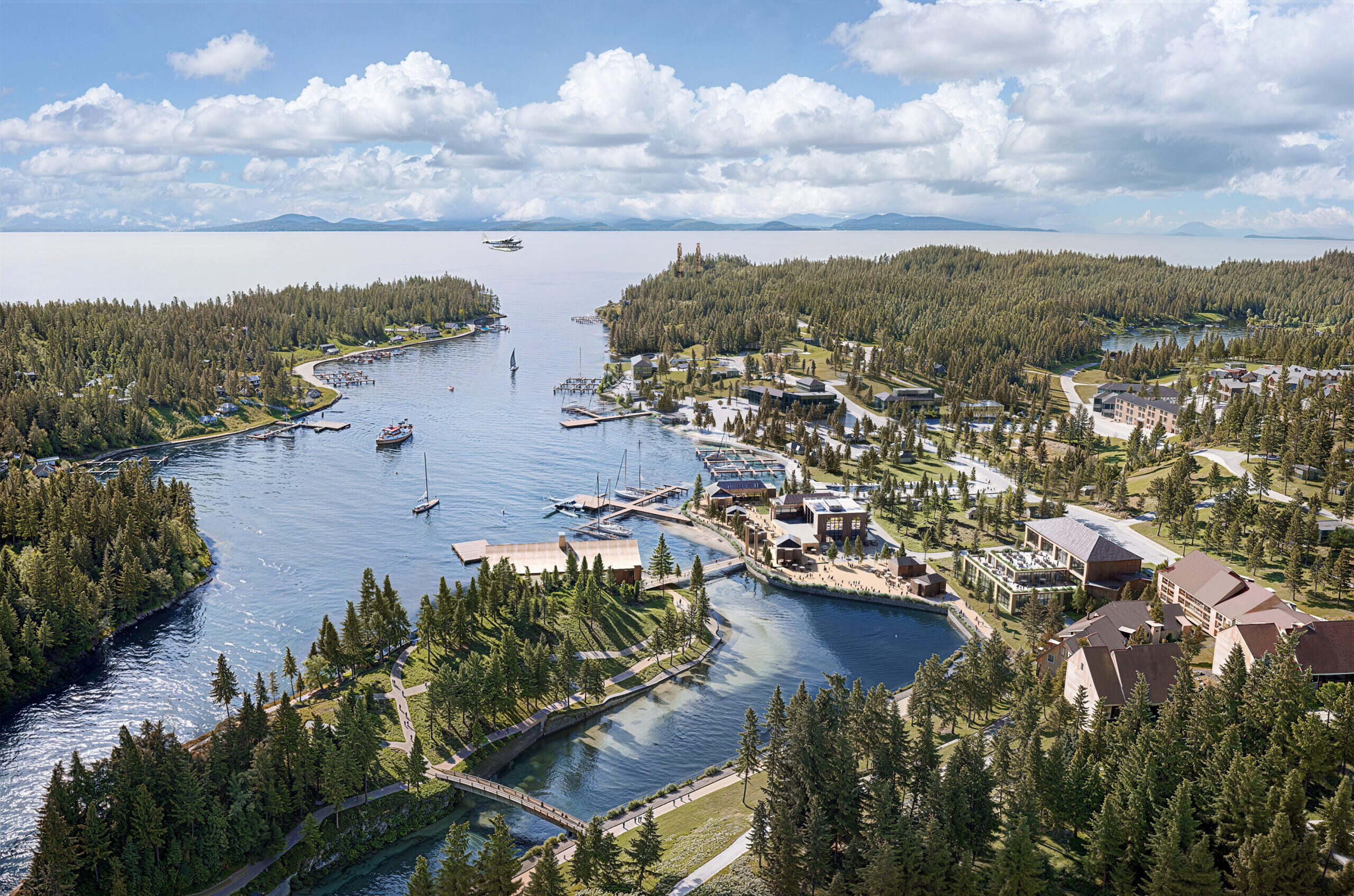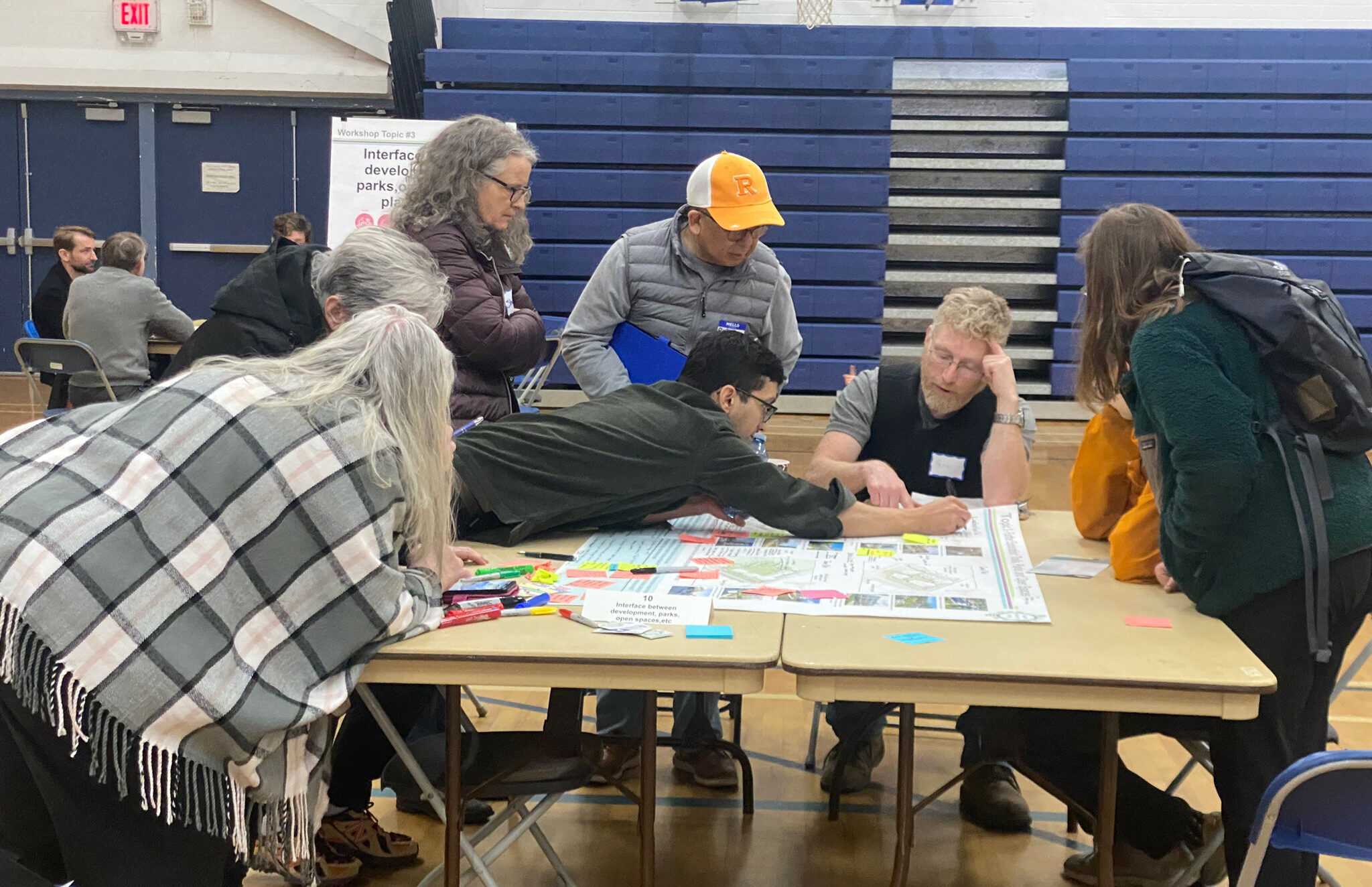Urban Strategies led a consultant team in preparing eight Initial Business Cases to examine the feasibility of proposed new Regional Express Rail (RER) stations across the GO rail network. Potential sites were evaluated using criteria across four business cases: strategic / planning, financial, economic, and operations / delivery. The project resulted in a detailed assessment of each potential station’s key strengths and weaknesses, which were used by Metrolinx, in consultation with local municipalities, to determine which stations should proceed as part of the ongoing RER and SmartTrack initiatives. The project was completed on a tight timeline from January to May, 2016.
Our business cases offered a fine-grained analysis that considered the factors driving change in each station’s catchment area, the objectives each station should meet, constraints and interdependencies with potential to affect project outcomes, and stakeholders that would be affected by the station. Our strategic analysis was closely aligned with provincial, regional, and municipal policy objectives. Urban Strategies also considered the development and intensification potential in each station’s catchment area, which was complemented by market analysis of current and future real estate demand. Stations were also evaluated on the basis of connectivity and ridership drivers (including ridership forecasts), operational constraints, accessibility, and social inclusivity.
Urban Strategies and our sub-consultants (MMM Group/WSP, Cushman & Wakefield) also evaluated the financial and economic case for each station, considering such factors as net present value, revenue-to-cost and operating cost recovery ratios, travel time savings, vehicle kilometres travelled, transportation user impacts, and environmental costs/benefits. Finally, the deliverability and operations case assessed each station’s constructability, stakeholder impacts, the potential for future station expansion, necessary permits and approvals, and operating impacts.
Key Team Members

Eric Turcotte

Craig Lametti

Sirous Ghanbarzadeh

Mihaly Szabo




